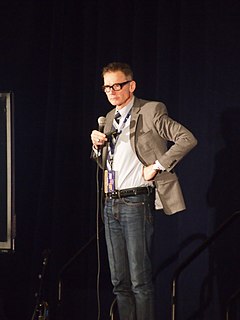A Quote by Martin Amis
When we read, we are doing more than delectating words on a page stories, characters, images, notions. We are communing with the mind of the author.
Related Quotes
I have rarely read a more wonderful book than To Win Her Favor by Tamera Alexander. Rich with historical detail and fully developed characters, this novel held me spellbound until the last page. If you read one historical novel this year, make it To Win Her Favor. It will linger with you long after the last page.







































